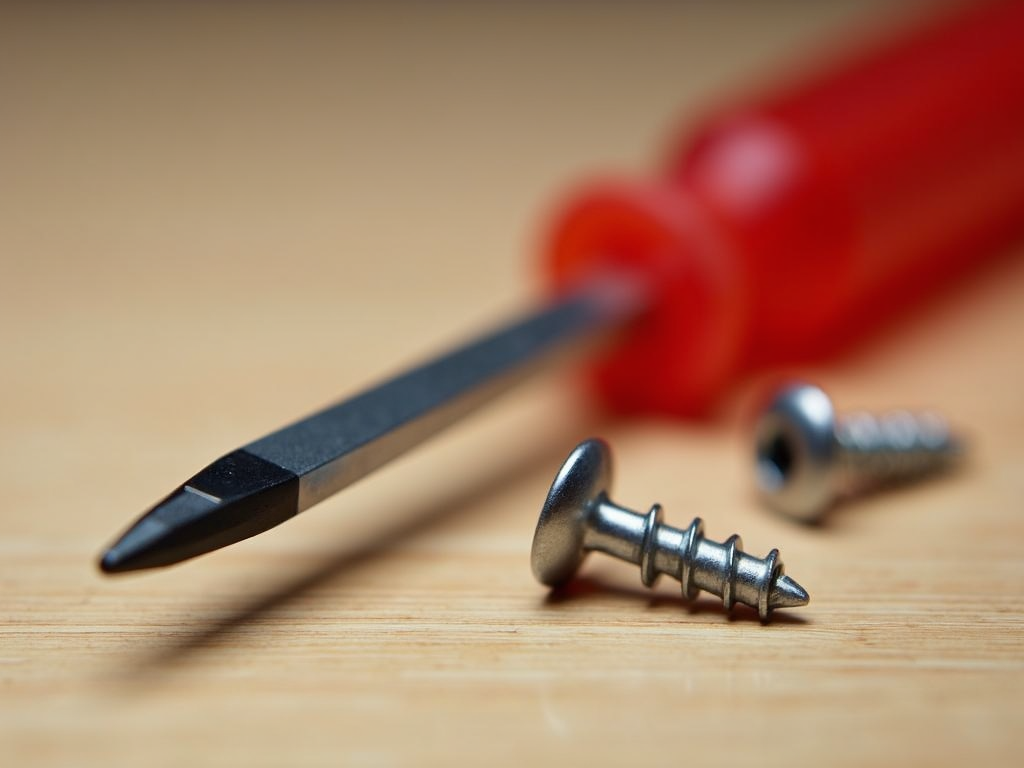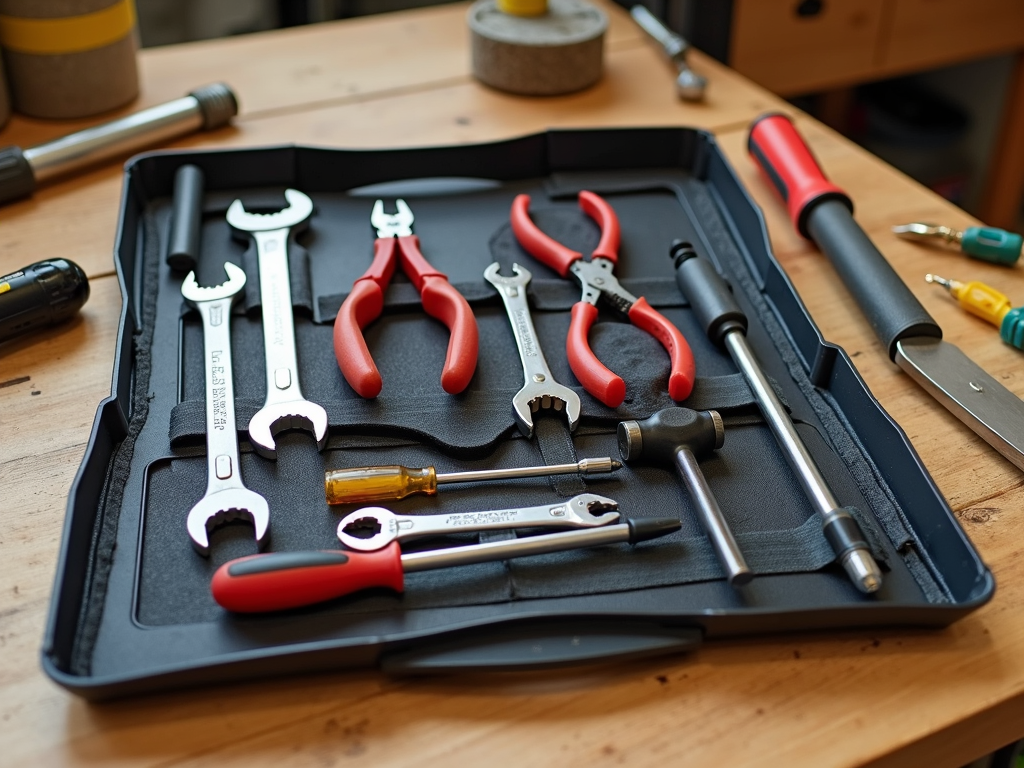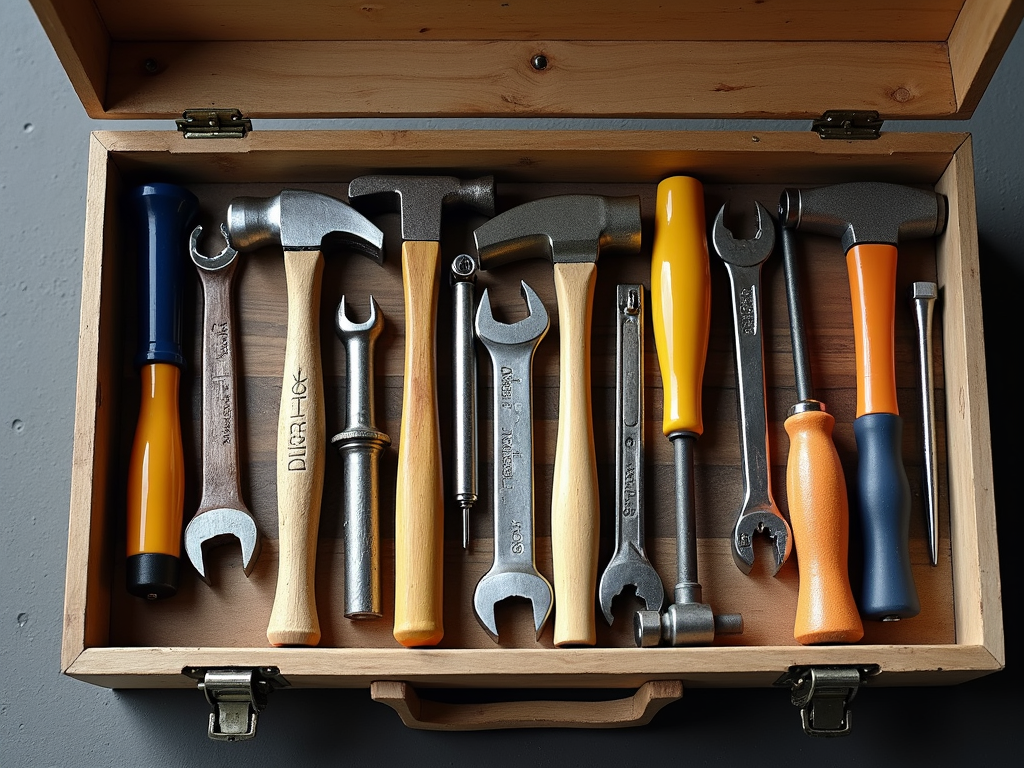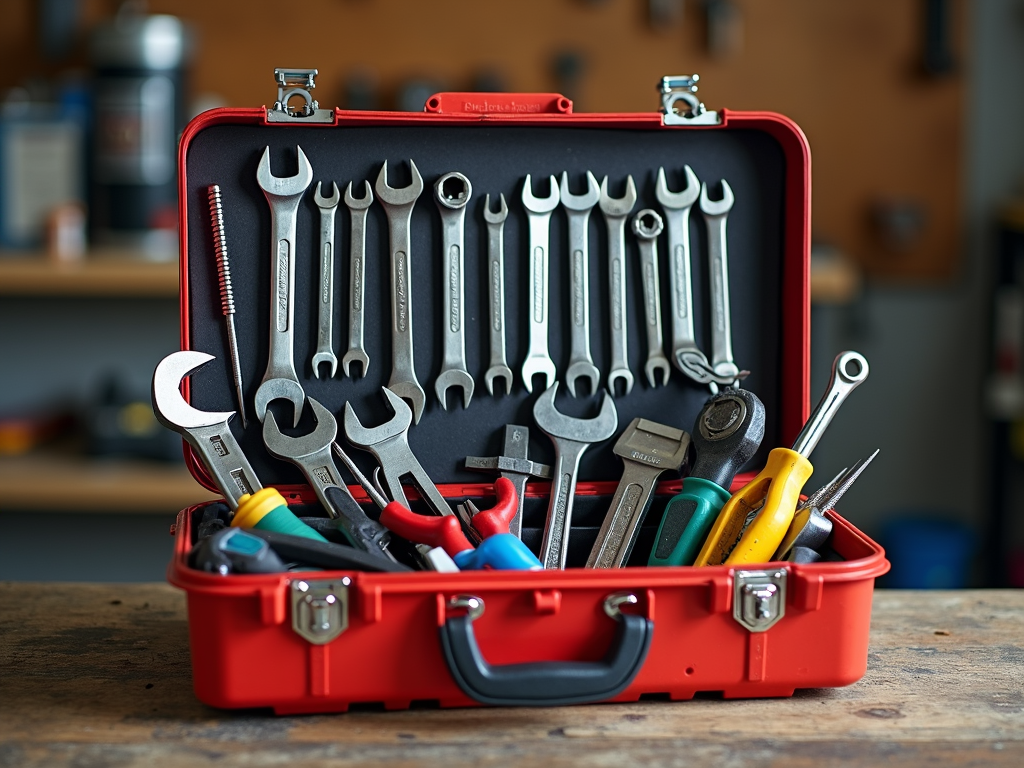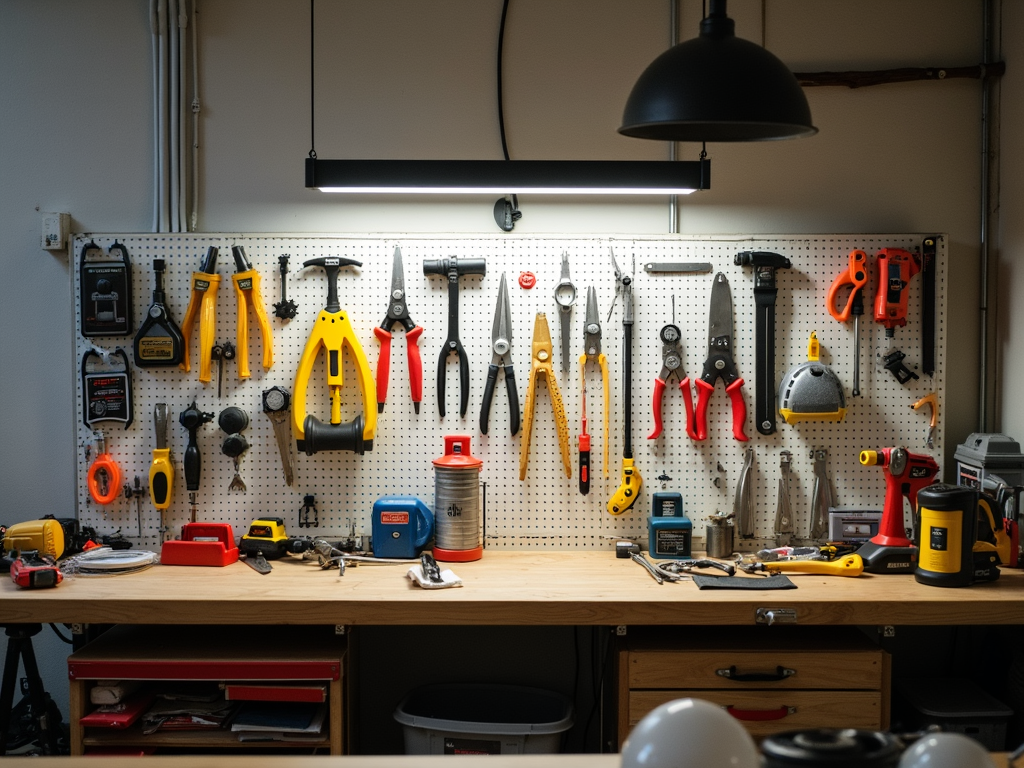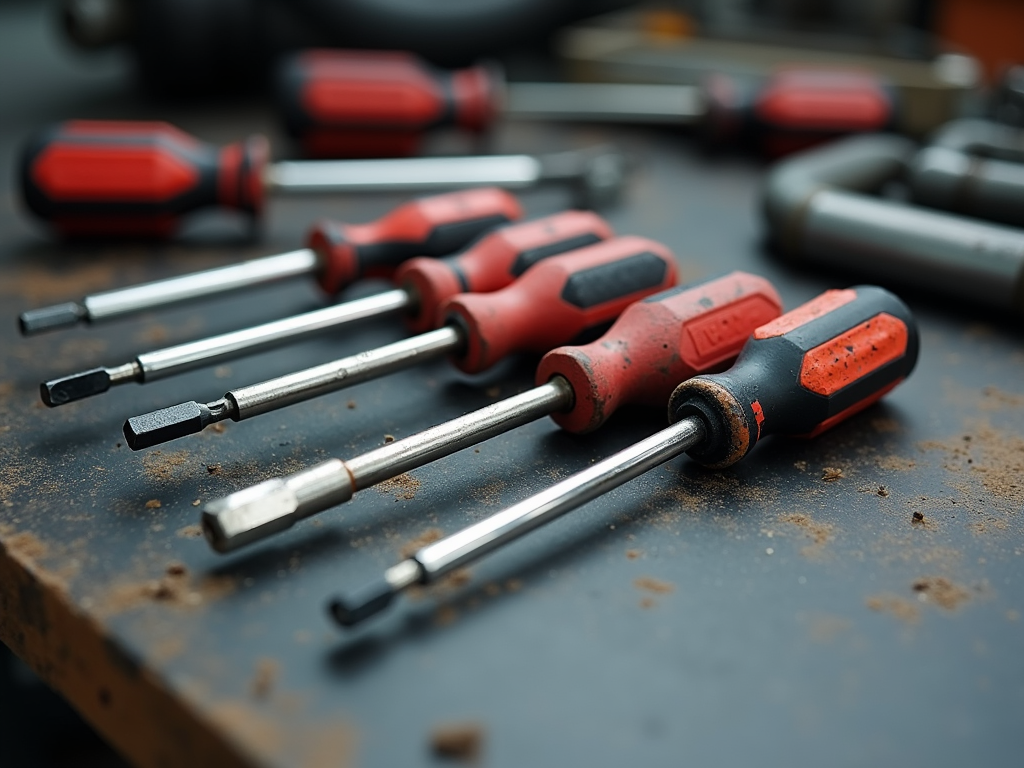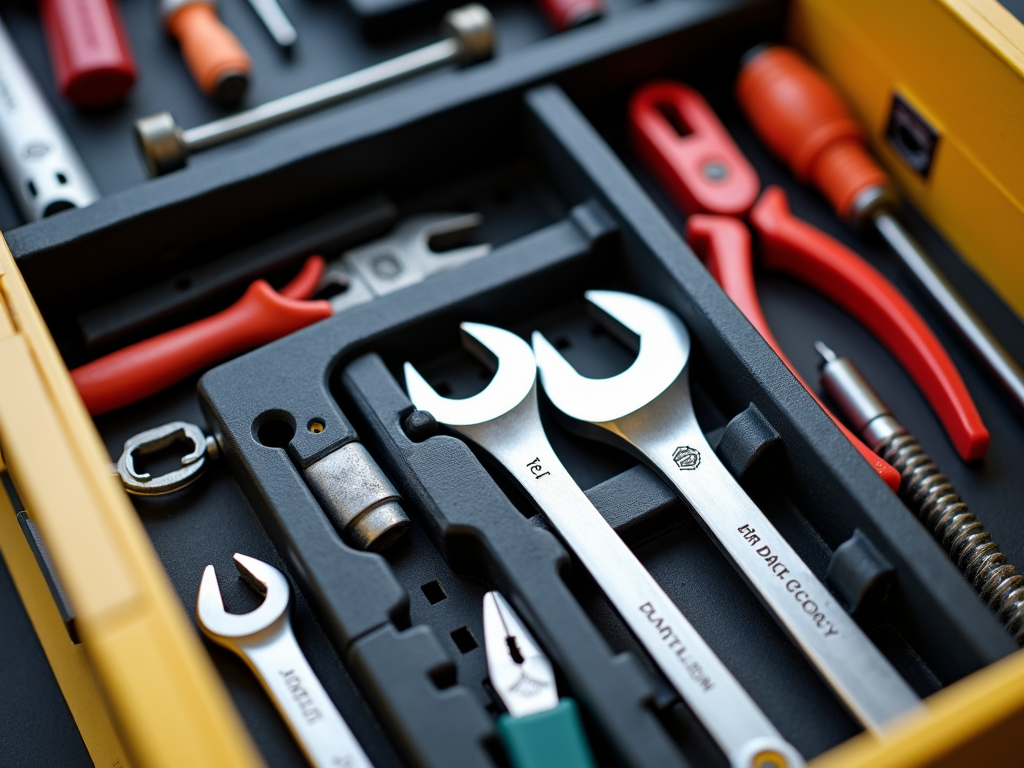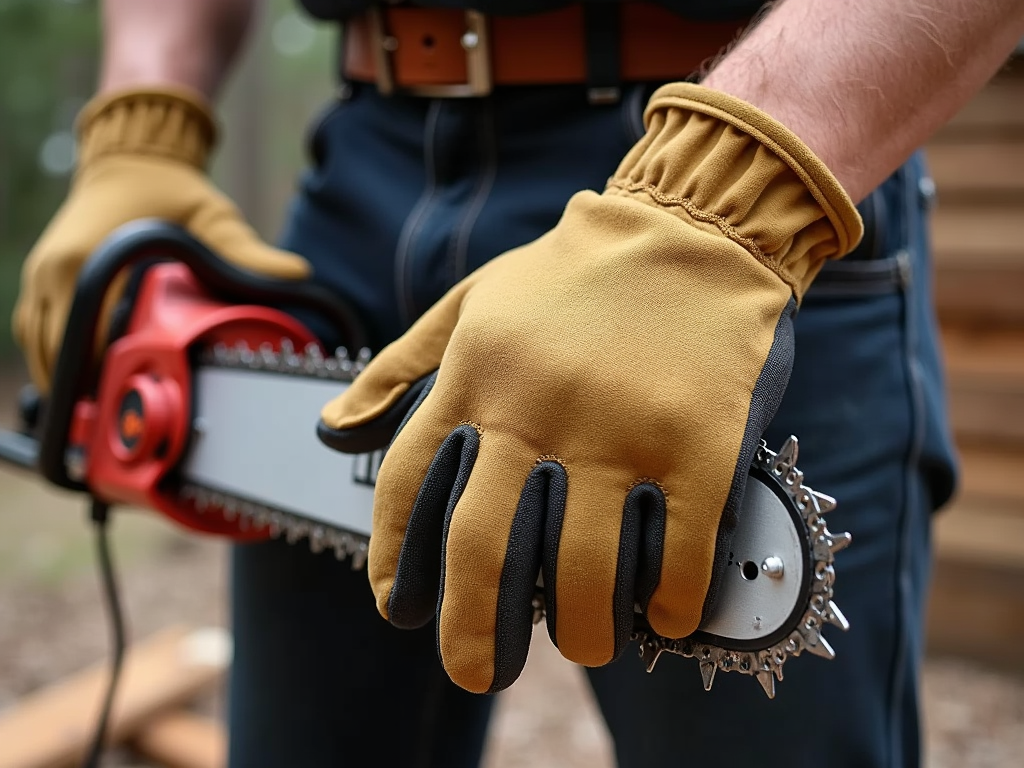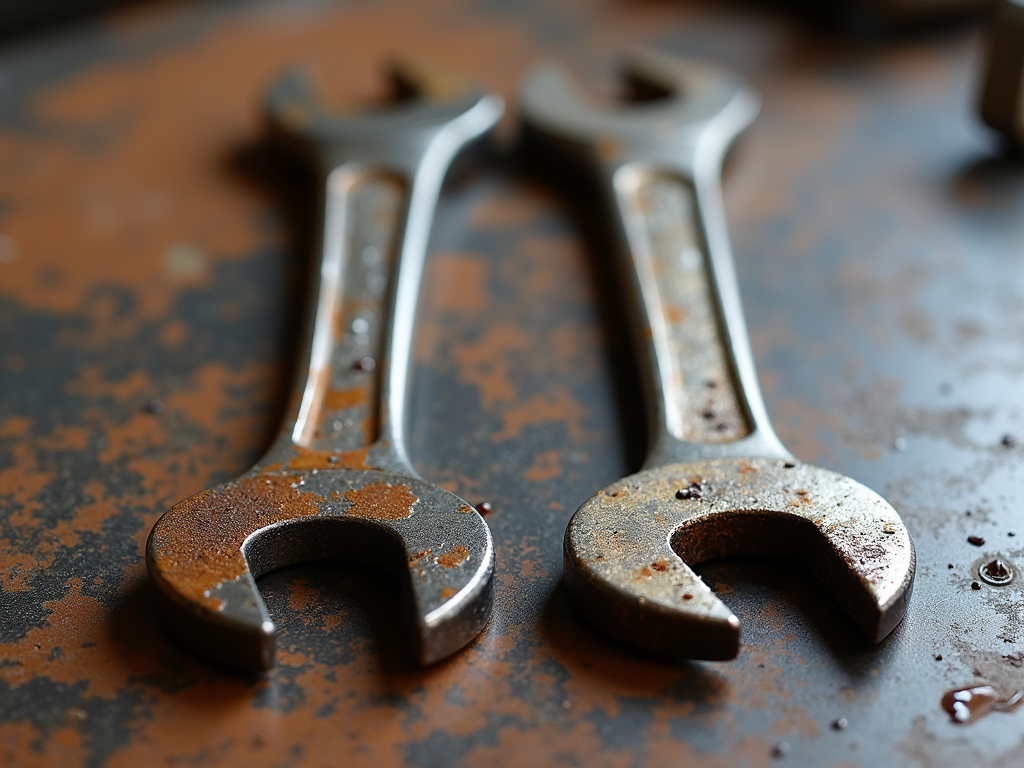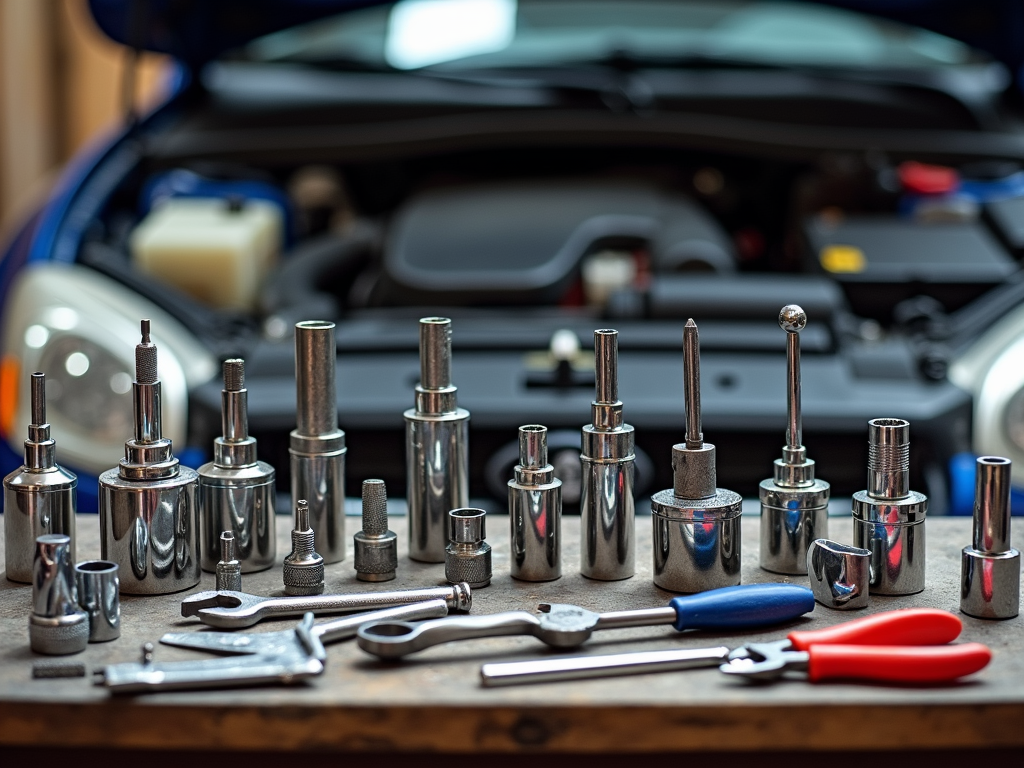Overview
Electrical work can be daunting, but having the right tools can make all the difference. This comprehensive guide to electrical tools will help you understand the essential tools you need, how to use them safely, and how to choose the best ones for your needs. Whether you're a professional electrician or a DIY enthusiast, this guide has you covered.
Main Content
Hand Tools
Hand tools are the foundation of any electrician's toolkit. They are essential for tasks like cutting, stripping, and crimping wires, as well as tightening and loosening screws and bolts. Here are some of the most important hand tools for electrical work:
-
Wire Strippers: These are used to remove the insulation from electrical wires. They come in various sizes and styles, so it's important to choose one that matches the gauge of the wire you're working with. Personally, I prefer adjustable wire strippers because they can handle a range of wire sizes.
-
Pliers: There are several types of pliers that are useful for electrical work, including needle-nose pliers, lineman's pliers, and diagonal cutting pliers. Needle-nose pliers are great for reaching into tight spaces, while lineman's pliers are ideal for cutting and twisting wires. Diagonal cutting pliers are perfect for cutting wires and cables.
-
Screwdrivers: A good set of screwdrivers is essential for electrical work. You'll need both flathead and Phillips head screwdrivers in various sizes. I also recommend having a set of insulated screwdrivers for added safety.
-
Nut Drivers: These are used for tightening and loosening nuts and bolts. They come in various sizes, so it's a good idea to have a set that covers the most common sizes used in electrical work.
-
Crimpers: Crimpers are used to attach connectors to the ends of wires. They come in different styles for different types of connectors, so make sure you have the right one for the job.
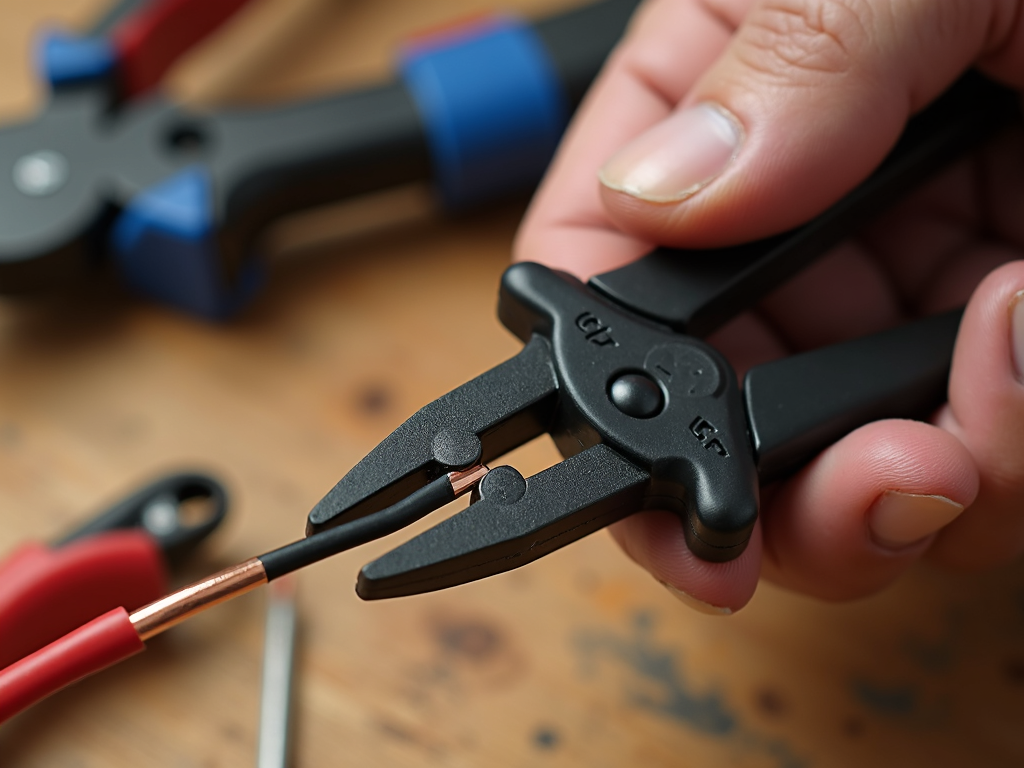
Power Tools
Power tools can make electrical work faster and easier, but they also require more caution and safety precautions. Here are some of the most useful power tools for electrical work:
-
Drill: A cordless drill is a must-have for any electrician. It's great for drilling holes for conduit and cable runs, as well as for driving screws. I recommend choosing a drill with a hammer function for drilling into masonry.
-
Saw: A reciprocating saw or a hole saw can be useful for cutting through walls and other materials to run conduit or cables. Just be sure to use the right blade for the material you're cutting.
-
Multimeter: While not technically a power tool, a multimeter is an essential tool for testing and measuring electrical circuits. It can measure voltage, current, and resistance, and is invaluable for troubleshooting electrical problems.
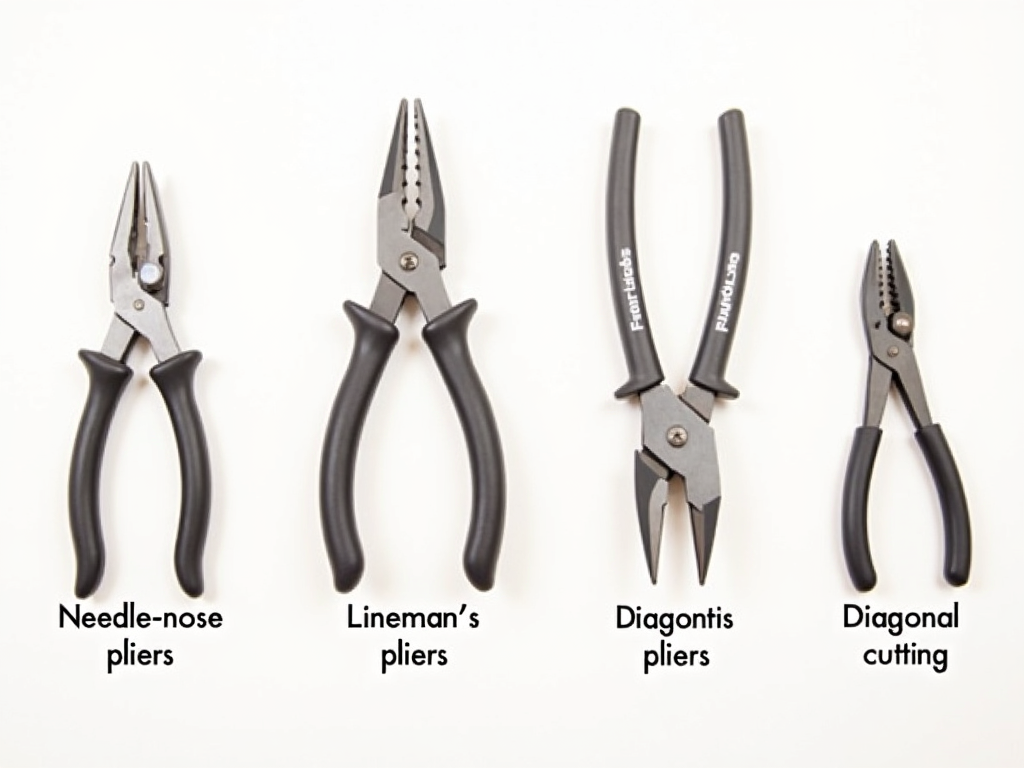
Testing and Measuring Tools
In addition to a multimeter, there are several other testing and measuring tools that are useful for electrical work:
-
Voltage Tester: A voltage tester is a simple tool that can quickly tell you if a circuit is live. It's a must-have for safety.
-
Circuit Tester: A circuit tester can help you identify which breaker controls a particular circuit. This is especially useful when working on older homes with unlabeled breaker panels.
-
Laser Level: A laser level can help you ensure that your conduit and cable runs are straight and level. It's a great tool for achieving a professional-looking installation.

Safety Equipment
Safety should always be your top priority when working with electricity. Here are some essential safety tools and equipment:
-
Insulated Gloves: Insulated gloves can protect you from electrical shock when working on live circuits. Make sure they are rated for the voltage you'll be working with.
-
Safety Glasses: Safety glasses can protect your eyes from flying debris and sparks. They are a must-have for any electrical work.
-
Fire Extinguisher: A fire extinguisher is essential in case of an electrical fire. Make sure it's rated for electrical fires (Class C).
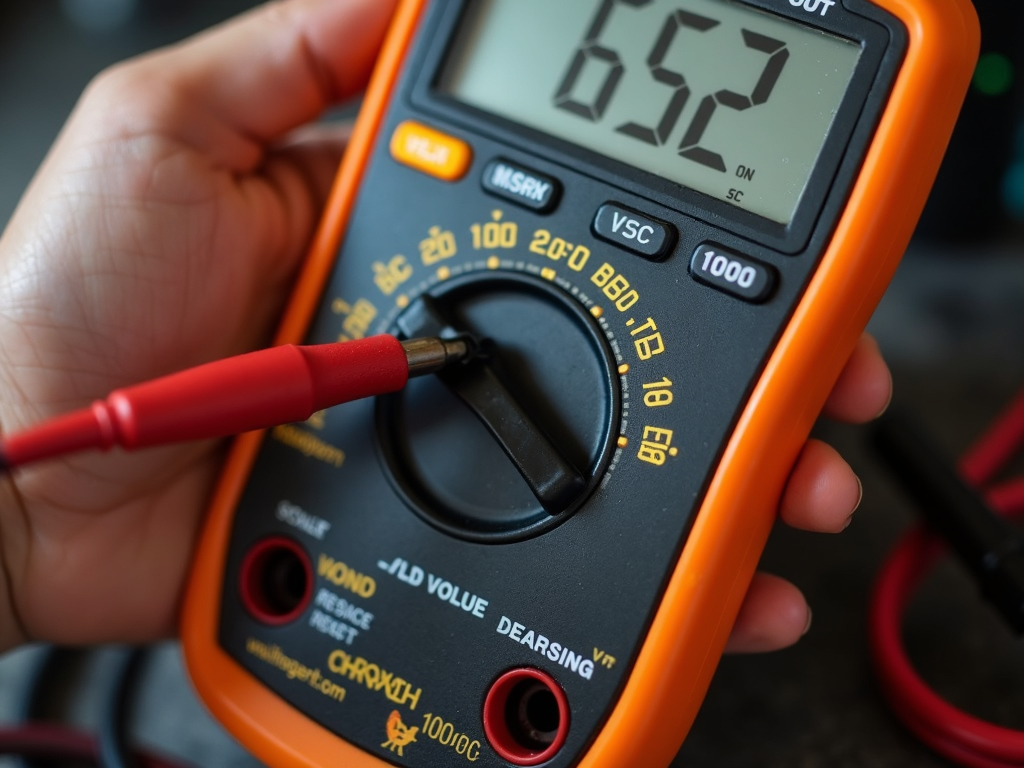
Choosing the Right Tools
When choosing electrical tools, it's important to consider the quality, durability, and safety features. Here are some tips for choosing the right tools:
-
Quality: Invest in high-quality tools that are built to last. Cheap tools may save you money upfront, but they can be less reliable and may need to be replaced more often.
-
Durability: Look for tools that are made from durable materials and have a solid construction. This is especially important for power tools, which can be subjected to heavy use.
-
Safety Features: Choose tools with safety features like insulated handles, non-conductive materials, and built-in safety switches. These can help prevent accidents and injuries.

Using Tools Safely
Even with the right tools, it's important to use them safely. Here are some general safety tips for using electrical tools:
-
Read the Manual: Always read the manufacturer's instructions and safety guidelines before using a new tool.
-
Inspect Tools Regularly: Check your tools for signs of wear or damage before each use. Replace any damaged tools immediately.
-
Use the Right Tool for the Job: Using the wrong tool can be dangerous and can damage the tool or the workpiece. Make sure you're using the right tool for the task at hand.
-
Work in a Safe Environment: Make sure your work area is well-lit, dry, and free from clutter. Avoid working in wet or damp conditions.
Summary
In conclusion, having the right electrical tools is essential for any electrical work, whether you're a professional electrician or a DIY enthusiast. This comprehensive guide has covered the essential hand tools, power tools, testing and measuring tools, and safety equipment you need, as well as tips for choosing and using them safely. Remember to always prioritize safety and invest in high-quality tools that will last.
Related comprehensive guide to electrical tools:
- Understanding Different Types of Screwdrivers: A Comprehensive Guide
- Budget-Friendly Tool Sets for DIY Enthusiasts: Your Guide to Affordable Quality
- Top Construction Dangers and How to Dodge Them
- The Ultimate Guide to Workman Tools for Automotive Repair
- Top 10 Must-Have Tools for Every DIYer
- Introduction to Automation Technologies: A Comprehensive Guide
- 10 Tips for Organizing Your Workshop
- Essential Screwdrivers for Mechanics: A Complete Guide
- Top Maintenance Tips for Extending Tool Lifespan
- Best Safety Gear for Power Tool Users: A Comprehensive Guide
- How to Maintain Your Tools for Longevity
- The Ultimate Guide to Tool Sets for Automotive Repairs
